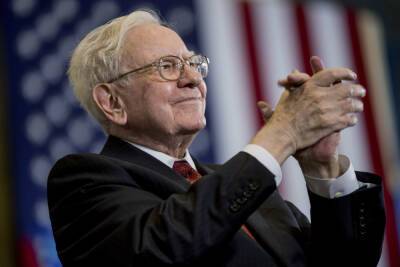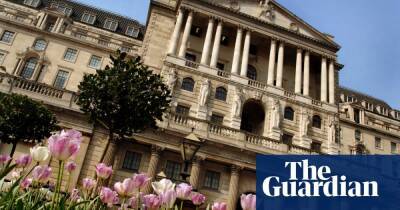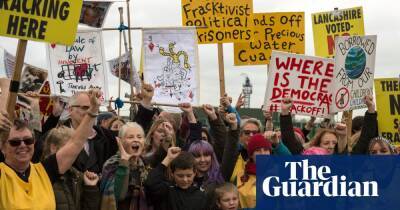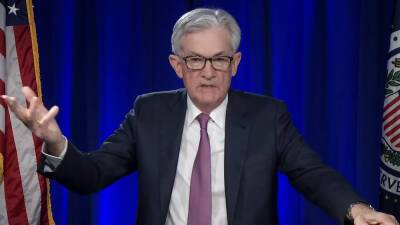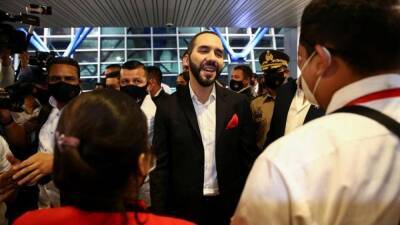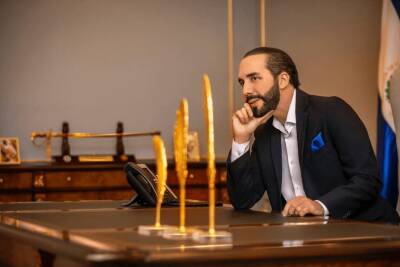Bitcoin City: The Bizarre History of Libertarian Attempts to Create Independent Cities
Harry Hobbs, Senior Lecturer, the University of Technology Sydney. _____
Late last year, El Salvador’s president Nayib Bukele announced plans to build “Bitcoin City” – a tax-free territory in the country’s east.
The city will use bitcoin (BTC) and be powered by the nearby Conchuagua volcano. According to Bukele, there will be:
Residential areas, commercial areas, services, museums, entertainment, bars, restaurants, airport, port, rail [..] [but] no income tax, zero property tax, no contract tax, zero city tax and zero CO2 emissions.
Whether or not Bitcoin City eventuates, it joins a long and bizarre history of libertarian-inspired attempts to start independent cities and countries.
The generous financial incentives in Bitcoin City are aimed at encouraging foreign investment.
However, the plan has quickly been derided by finance commentators as something “worthy of a Bond villain”. There are doubts construction will ever begin.
As the Australian Financial Review observes, Bitcoin City is likely nothing more than a “splashy distraction from Bukele’s economic woes”.
But Bukele is not the only one to be tempted to set up a new territory, with new (or no) rules.
In a 2009 TED Talk, American economist Paul Romer argued developing nations should partner with foreign countries or corporations to create autonomous model cities.
Under his plan, host states would lease large tracts of undeveloped land to developed states, who would administer the territory according to their own legal system. The city’s residents would largely come from the developing state, but the administrators of the city would be appointed by (and accountable to) the developed state. Residents could “vote with their feet” by either migrating to or from the model
Read more on cryptonews.com



 cryptonews.com
cryptonews.com